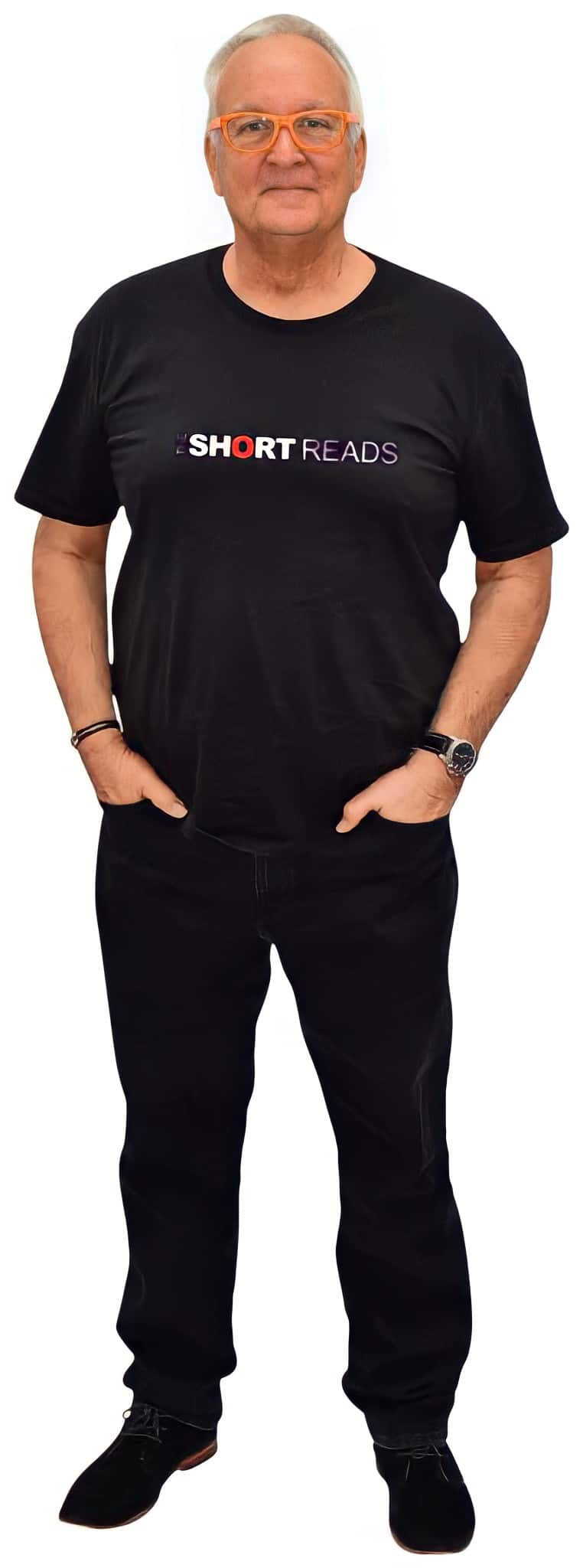
Irresistible Novellas Under 150 Pages!
Big Stories, Small Packages, Lasting Impact!
Get my fast paced, impossible to put down, maximum entertainment novellas downloadable 24/7
Click the button below

Big fat novels scare non readers. Voracious readers want to complete books quickly.
Non readers feel embarrassed when they can't finish a book. They think they are illiterate failures
Short stories turn non readers into readers. They experience success and read more
